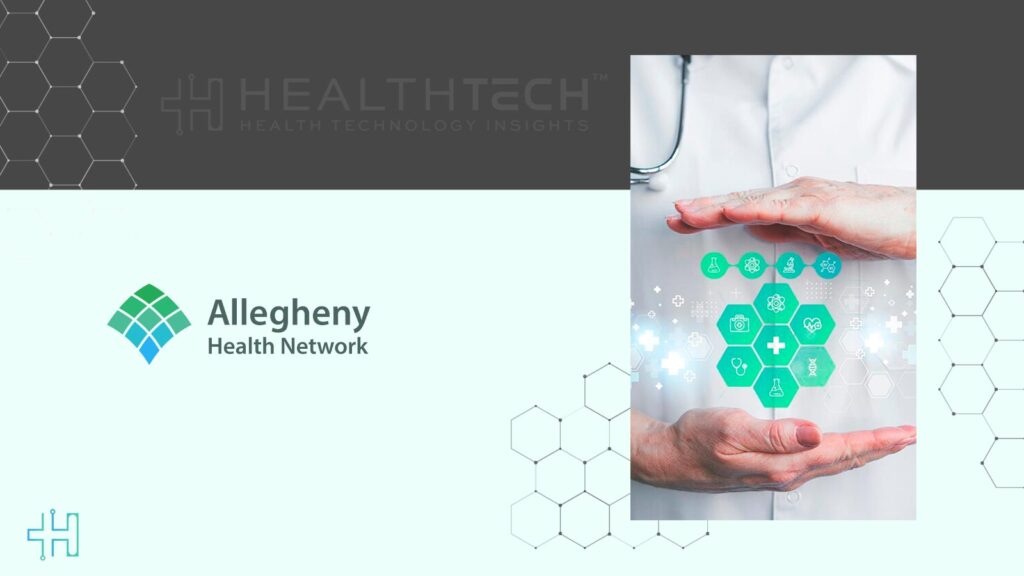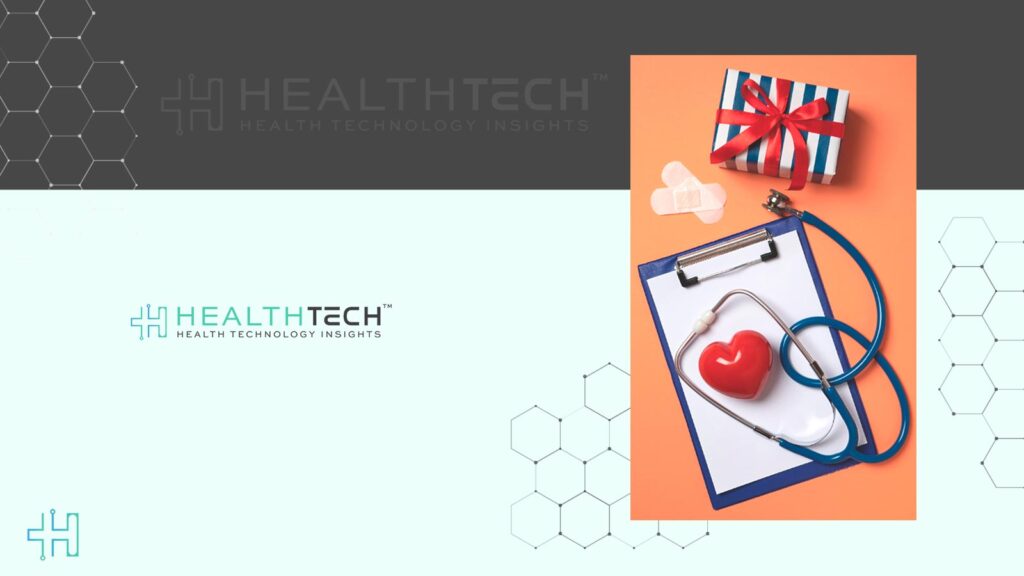When 13-year-old Mary Maloney suffered a rare spinal stroke following a trampoline accident in 2020, it was unclear if she’d ever be able to use her legs again. But with the aid of a new robotic exoskeleton, now available at Allegheny Health Network (AHN), Mary and other patients will have a renewed chance at mobility and independence.
AHN’s EksoNR™ robotic exoskeleton, is a wearable full-body device that assists patients recovering from neurological injury or disease by providing them a tool to allow for weight-bearing therapeutic exercises that may not have been otherwise possible.
HealthTech Insights: N-Power Medicine Acquires Syapse to Expand Its Next-Generation Community-Based Network for Oncology Clinical Research and Clinical Trials
“This technology represents a significant leap forward in our ability to provide advanced rehabilitation services for patients with neurological conditions,” said Donald Whiting, MD, chair of the AHN Neuroscience Institute
The EksoNR, manufactured by Ekso Bionics®, is the first robotic exoskeleton cleared by the FDA for use with stroke and spinal cord injury patients, and is the only one cleared for use with acquired brain injury and multiple sclerosis patients. This groundbreaking device is already revolutionizing outpatient rehabilitation for patients with neurological conditions.
HealthTech Insights: Peerbridge Health Unveils COR-INSIGHT Trial to Validate Revolutionary AI-Enabled Cardiac and Cardiopulmonary Diagnostics & Monitoring
“This has been a long and challenging journey for Mary,” said Mary’s mother, Pam Surano. “Witnessing the positive impact that the exoskeleton will have on her recovery and the lives of countless others is deeply moving. The accessibility of this cutting-edge technology right here in Pittsburgh is a true testament to the power of community support and the dedication of AHN.”
AHN is now one of only two health care providers in the region to offer this innovative therapy, and the only location offering the technology for outpatient therapy use. AHN is also the only provider with the latest generation of EksoNR.
HealthTech Insights: Cigna Healthcare Expands Access to Fertility and Family-Building Benefits and Services
“This technology represents a significant leap forward in our ability to provide advanced rehabilitation services for patients with neurological conditions,” said Donald Whiting, MD, chair of the AHN Neuroscience Institute. “The wearable robotic exoskeleton allows us to mobilize patients earlier in their recovery, leading to improved outcomes and enhanced quality of life.”
The EksoNR’s innovative software enables clinicians to personalize each rehabilitation session, adjusting settings to address individual patient needs and weaknesses. The goal is to help patients regain as much function as possible and, if possible, “walk out” of the device.
HealthTech Insights: OrthoNebraska Selects Health Catalyst Ignite to Advance Data-Driven Orthopedic Care
“It’s crucial to manage expectations,” said Gary Hoover, DO, Physical Medicine and Rehabilitation at AHN. “While the exoskeleton may not enable all patients to walk independently, its therapeutic benefits are significant. For patients recovering from acute neurological events, it can accelerate and enhance progress. For those with chronic conditions, it offers the vital advantages of weight-bearing and standing activities in therapy, which is crucial to help manage complications of chronic neurologic injuries.”
The acquisition of the EksoNR was made possible through generous donations totaling over $200,000, including significant contributions from the West Penn Hospital Foundation, and Miracles for Mary.
HealthTech Insights: APAO and ReachRx Announce Partnership
Miracles for Mary was created following Mary’s 2020 trampoline accident, which resulted in a spinal stroke that led to paralysis from the chest down. Since then, the Wexford teen has undergone extensive rehabilitation at various in-state and out-of-state hospitals, striving to regain her ability to walk. To bring advanced care closer to home, Mary’s family and friends, through the Miracles for Mary Foundation, raised funds to purchase a robotic exoskeleton for her use and the benefit of other patients in Pittsburgh.
The rarity of spinal strokes — accounting for just over 1% of all strokes, according to the American Heart Association — highlights the significance of this new local resource for Mary and other patients who have experienced neurological injuries.
HealthTech Insights: Verbal Joins the Healthie App Marketplace
“The EksoNR offers our patients a tool to achieve greater independence,” said Mary McDunn PT, Regional Manager, Outpatient Rehabilitation Services at AHN. “For some, it may accelerate their recovery and help them relearn proper gait patterns. For others, it will provide the invaluable benefits of weight-bearing and standing, improving overall health and well-being.”
To participate in our interviews, please write to our HealthTech Media Room at news@intentamplify.com
Source – prweb




